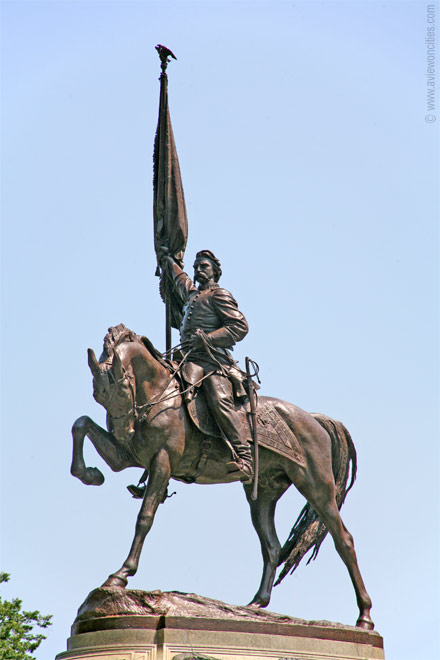For my 12-hour drive home to North Carolina last month, I listened to The Help. I am completely torn about its historical accuracy--it is after all a novel--but I surely did enjoy the dramatic and convincing narration. My marathon trip seemed more like six or eight hours than the the half orbit around the sun that it actually is.
I enjoy listening to books and lectures as I walk/run/ride-the-bus, and I strongly suggest this to my students. Sometimes I fantasize that all those earbuds I see on campus are playing Shakespeare or Proust rather than the hip-hop or Fall Out Boy I know is blasting out. But the problem with listening to a book rather than reading it, is the inability to slow it down where you'd like to spend more time and speeding it up when your hand would like to be flipping pages. The technology has allowed me, however, to expose myself to far more books and lectures than I ever could have had the time or the eyeball strength to have managed.
So, get out your iPod, find a good audiobook library (audible.com has a surprisingly large selection) and get listening. Here's a suggestion to get you started: Imagine: How Creativity Works.
